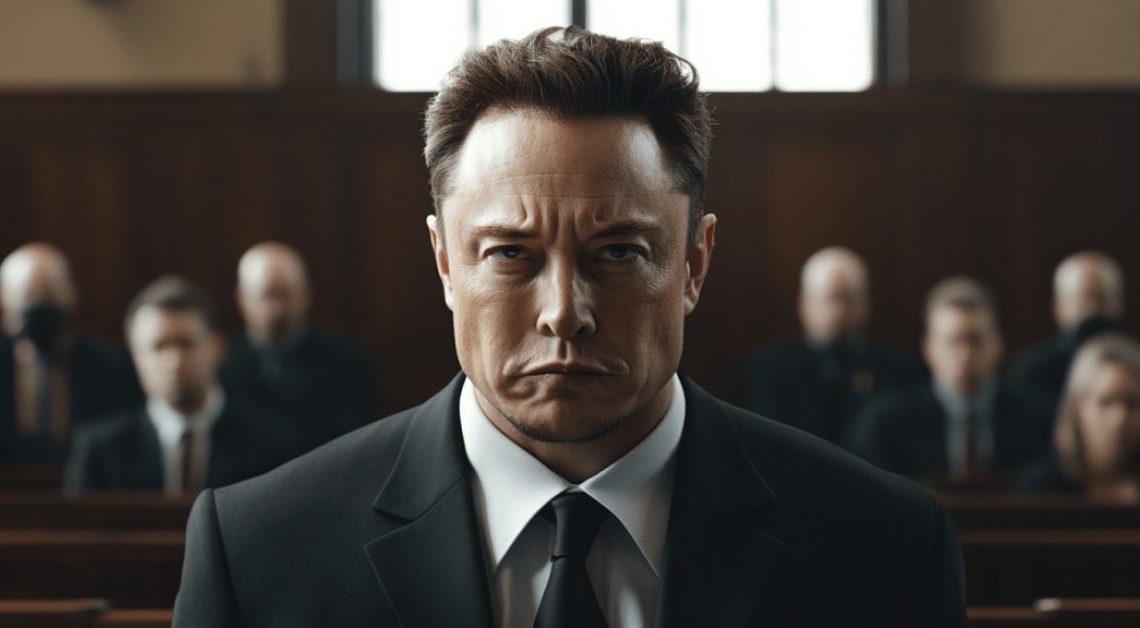
After years of teasing that other automakers would license Tesla’s Full Self-Driving (FSD) system, Elon Musk has now admitted that no other automakers want to license it.
“They don’t want it!” He says.
For years, the bull case for Tesla (TSLA) has relied heavily on the idea that the company isn’t just an automaker, but an “AI and robotics company”, with its first robot product being an autonomous car.
CEO Elon Musk pushed the theory further, arguing that Tesla’s lead in autonomy was so great that legacy automakers would eventually have no choice but to license Full Self-Driving (FSD) to survive.
Back in early 2021, during the Q4 2020 earnings call, Musk first claimed that Tesla had “preliminary discussions” with other automakers about licensing the software. He reiterated this “openness” frequently, famously tweeting in June 2023 that Tesla was “happy to license Autopilot/FSD or other Tesla technology” to competitors.
The speculation peaked in April 2024, when Musk explicitly stated that Tesla was “in talks with one major automaker” and that there was a “good chance” a deal would be signed that year.
We now know that deal never happened. And thanks to comments from Ford CEO Jim Farley earlier this year, we have a good idea why. Farley, who was likely the other party in those “major automaker” talks, publicly shut down the idea of using FSD, stating clearly that “Waymo is better”.
Now, Musk appears to have given up on the idea of licensing Tesla FSD. In a post on X late last night, Musk acknowledged that discussions with other automakers have stalled, claiming that they asked for “unworkable requirements” for Tesla.
The CEO wrote:
“I’ve tried to warn them and even offered to license Tesla FSD, but they don’t want it! Crazy …
When legacy auto does occasionally reach out, they tepidly discuss implementing FSD for a tiny program in 5 years with unworkable requirements for Tesla, so pointless.”
Suppose you translate “unworkable requirements” from Musk-speak to automotive industry standard. In that case, it becomes clear what happened: automakers demanded a system that does what it says: drive autonomously, which means something different for Tesla.
Legacy automakers generally follow a “V-model” of validation. They define requirements, test rigorously, and validate safety before release. When Mercedes-Benz released its Drive Pilot system, a true Level 3 system, they accepted full legal liability for the car when the system is engaged.
In contrast, Tesla’s “aggressive deployment” strategy relies on releasing “beta” (now “Supervised”) software to customers and using them to validate the system. This approach has led to a litany of federal investigations and lawsuits.
Just this month, Tesla settled the James Tran vs. Tesla lawsuit just days before trial. The case involved a Model Y on Autopilot crashing into a stationary police vehicle, a known issue with Tesla’s system for years. By settling, Tesla avoided a jury verdict, but the message to the industry was clear: even Tesla knows it risks losing these cases in court.
Meanwhile, major automakers, such as Toyota, have partnered with Waymo to integrate its autonomous driving techonology into its consumer vehicles.
Author: Fred Lambert
Source: Electrek
Reviewed By: Editorial Team



